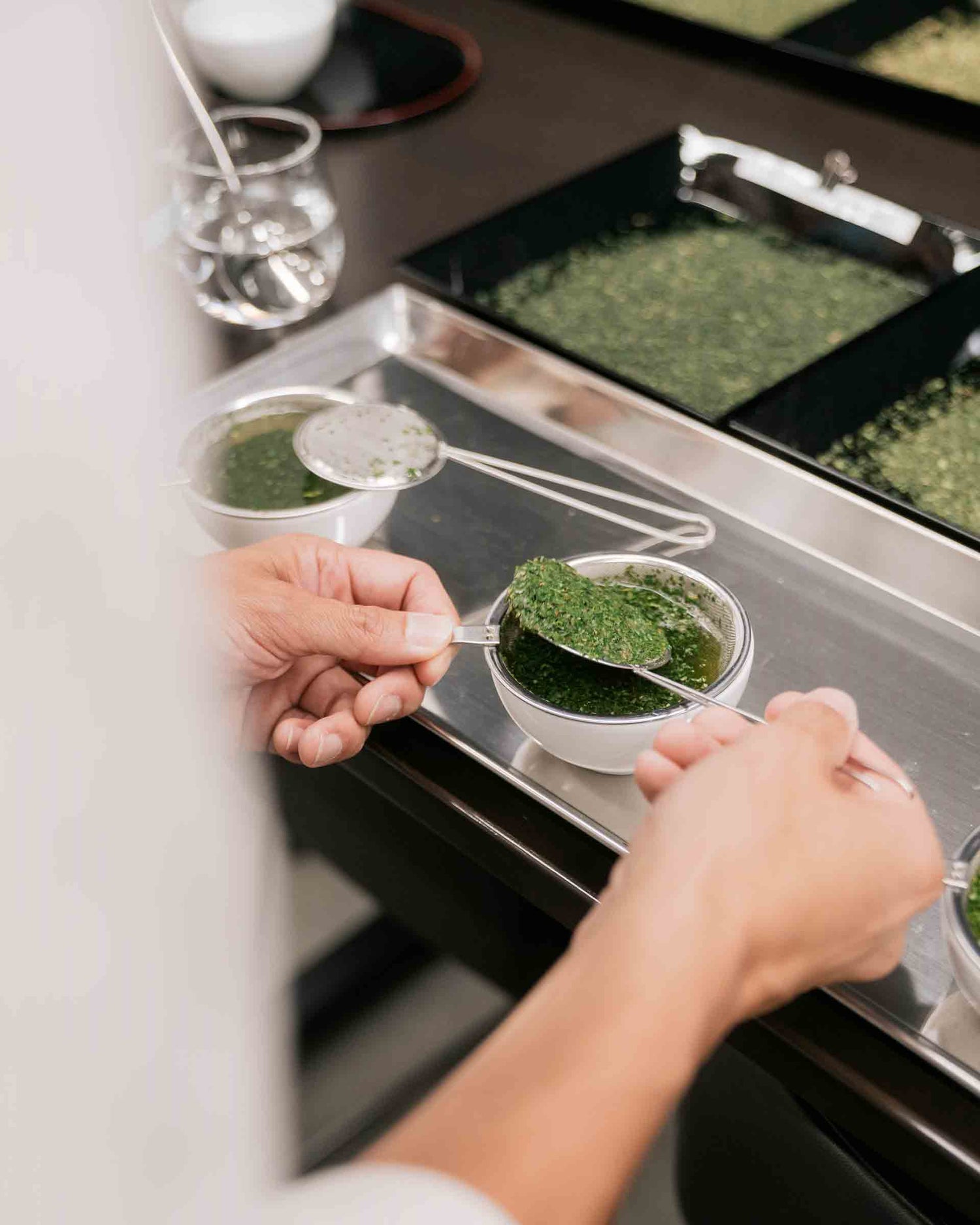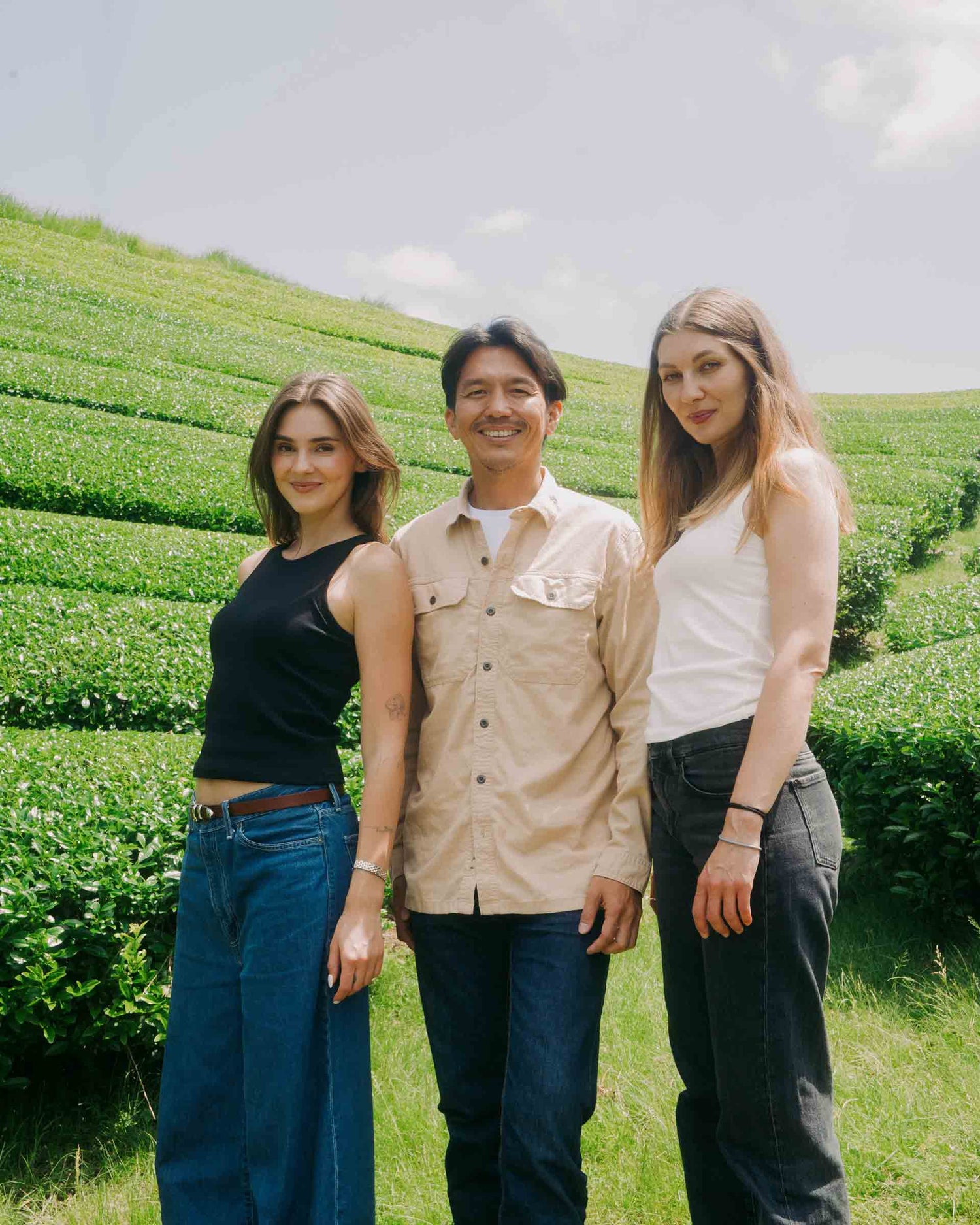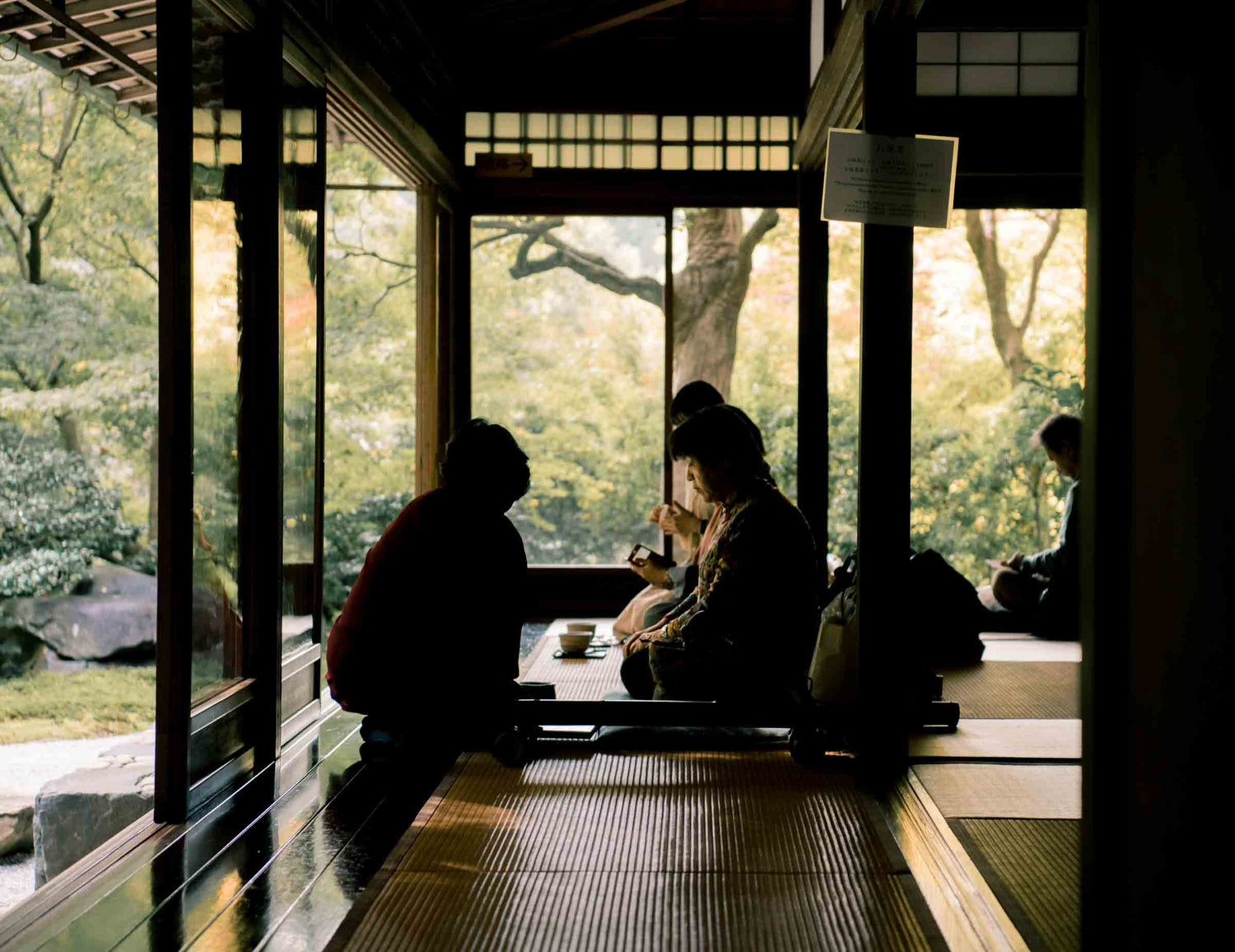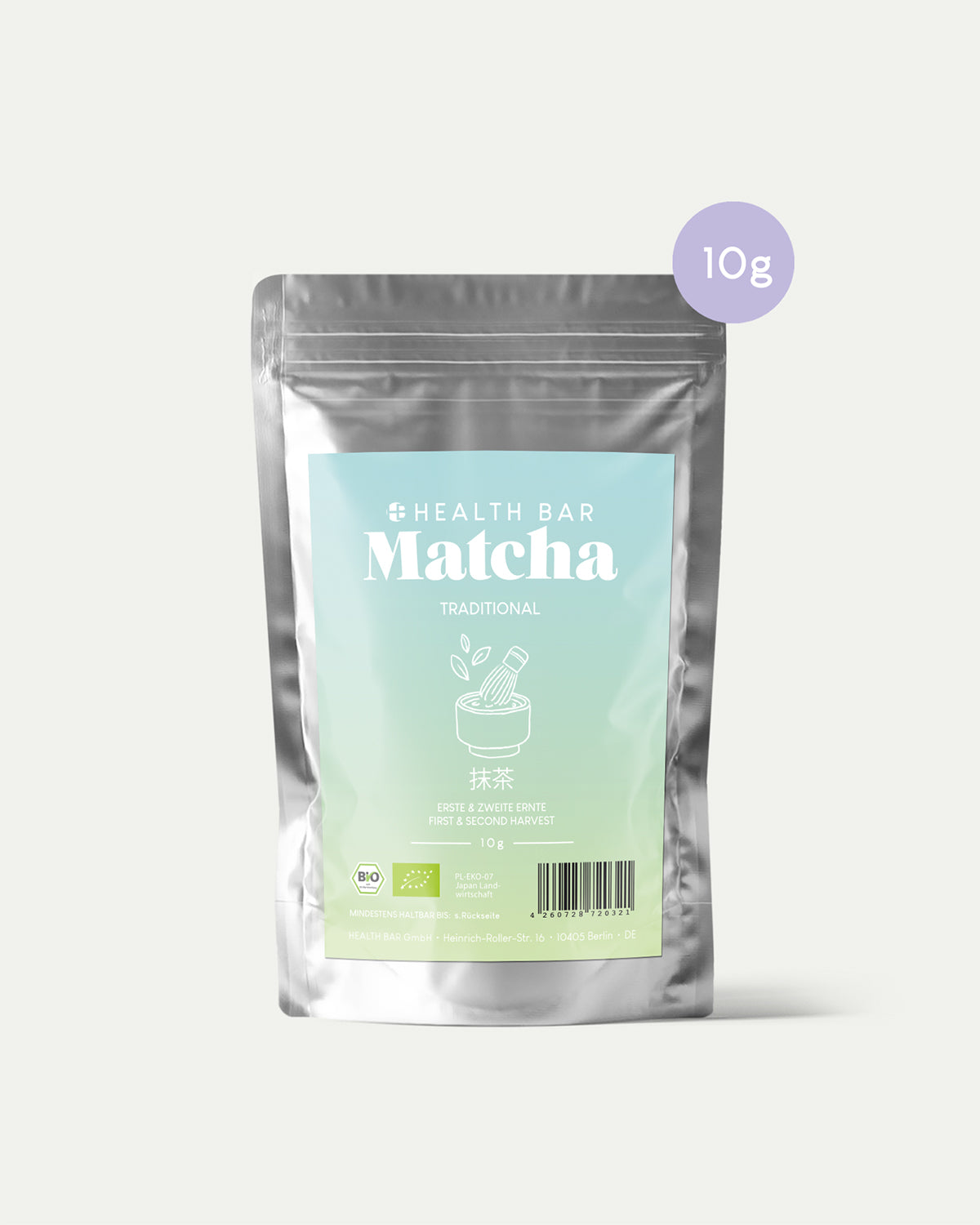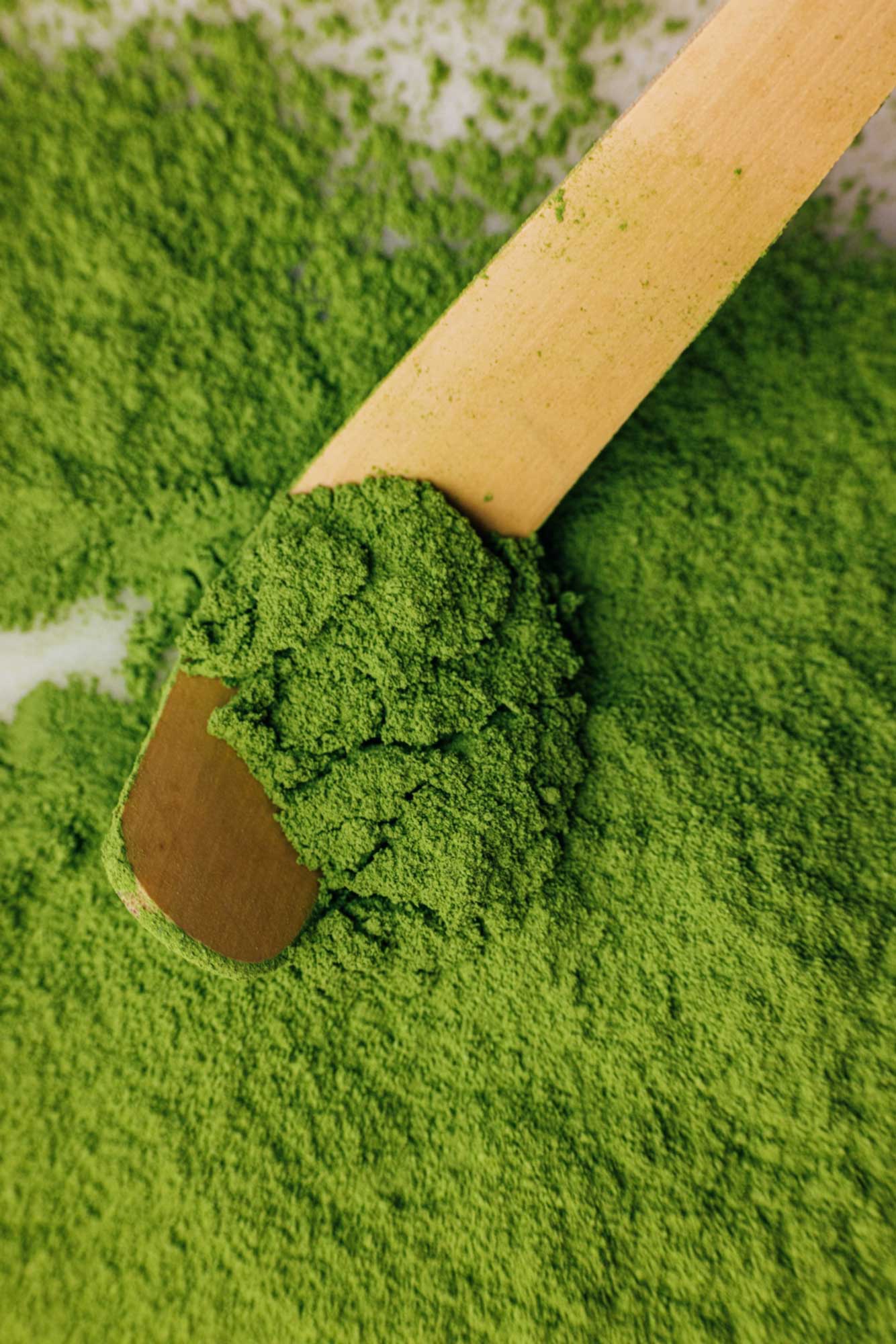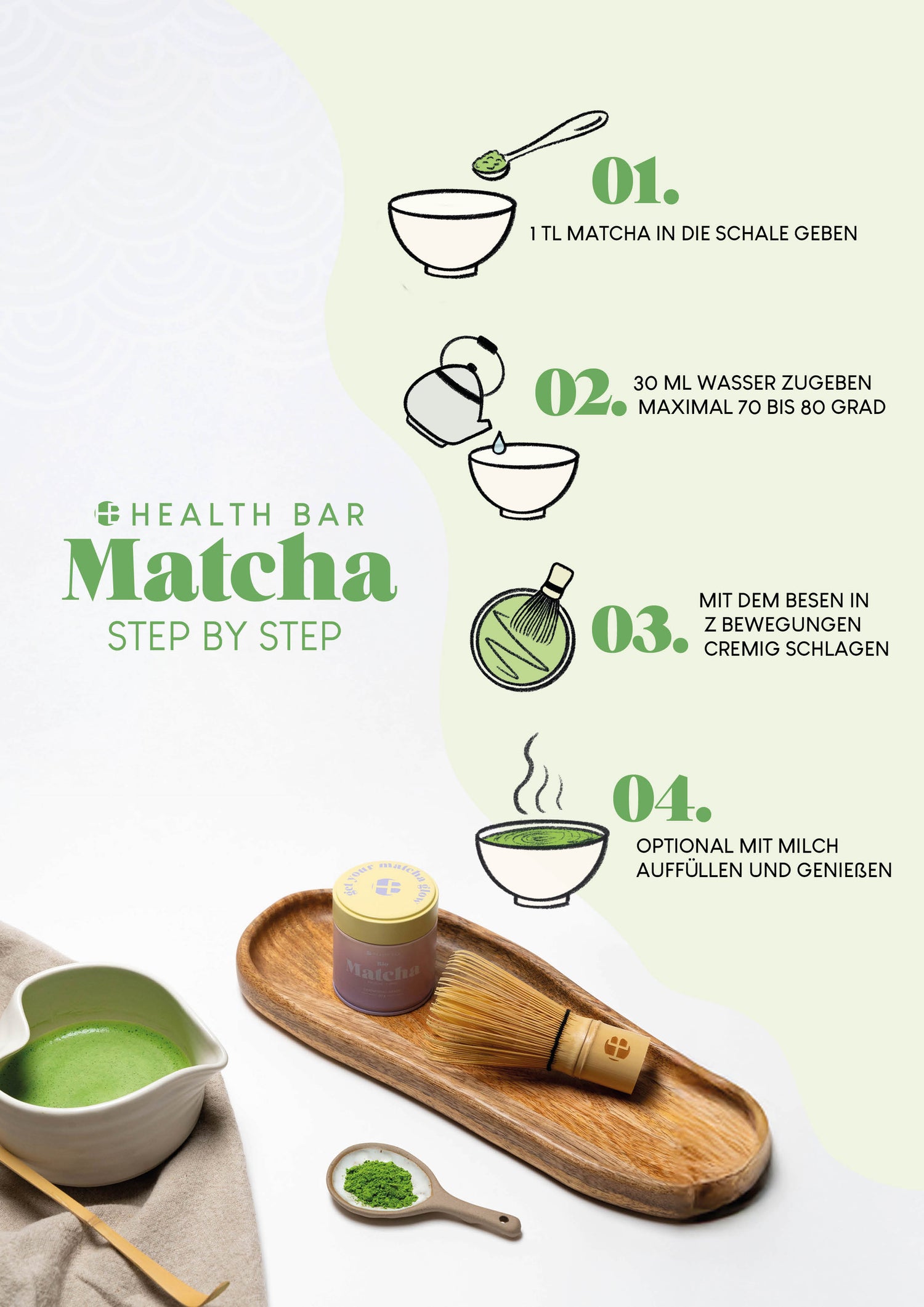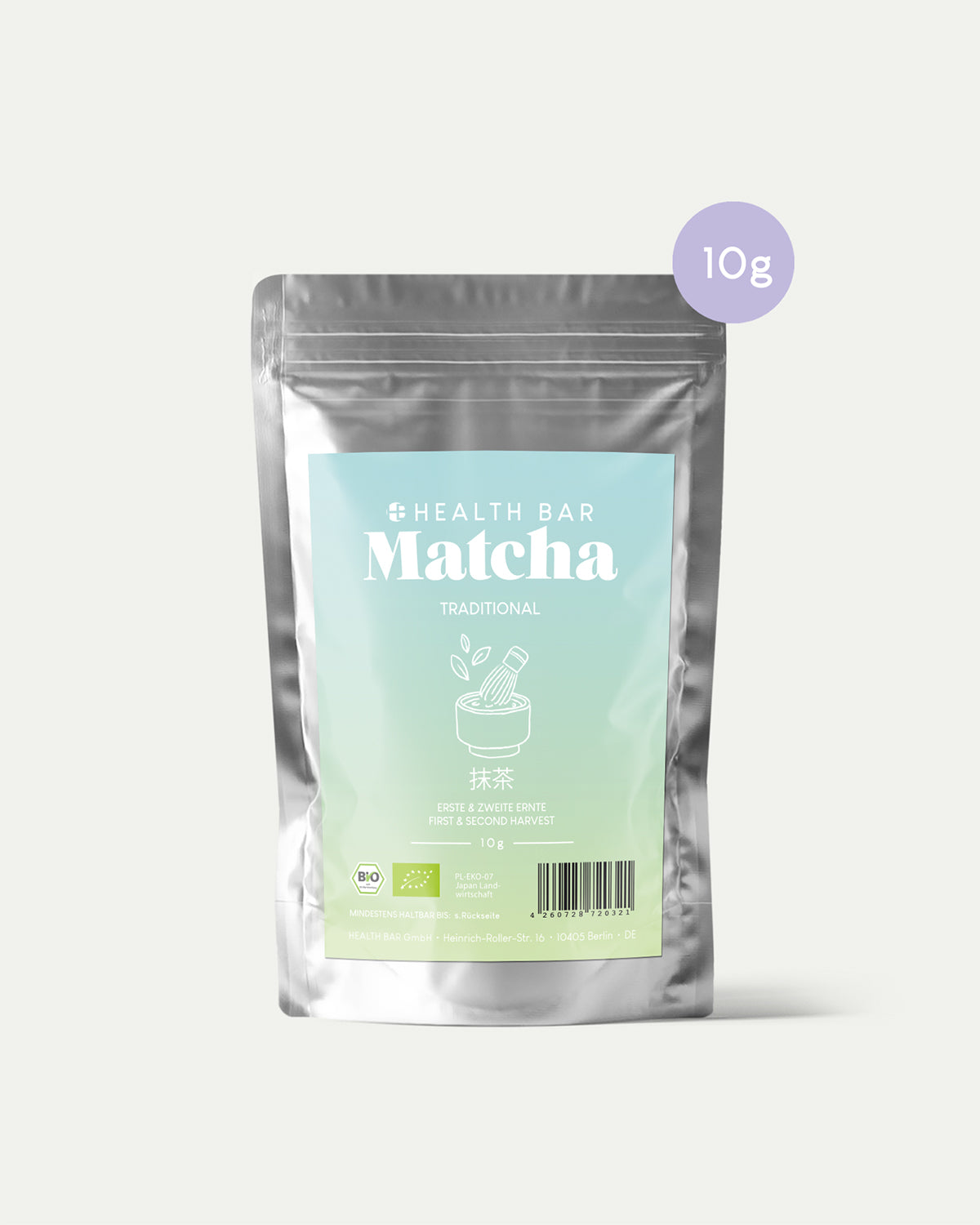
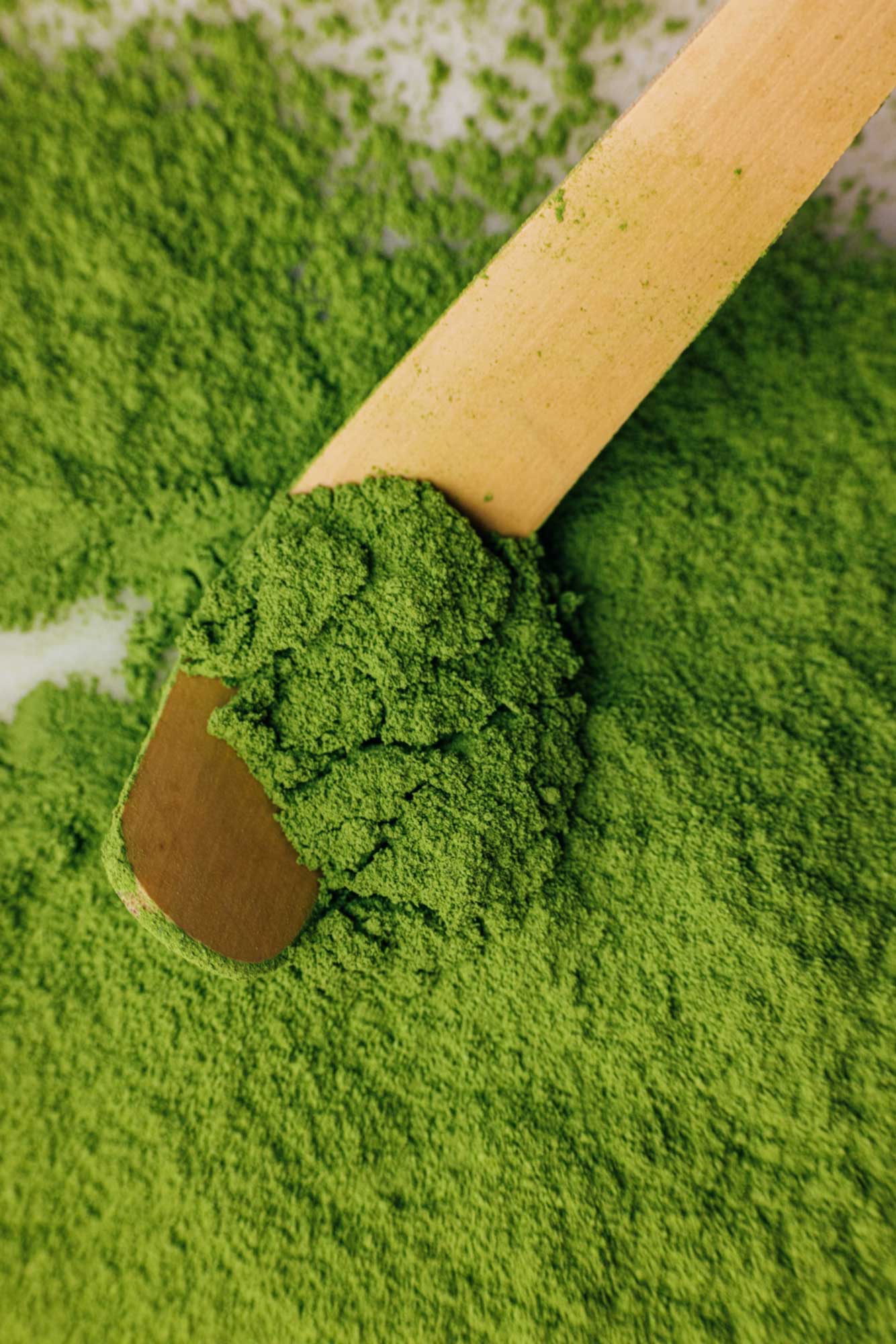
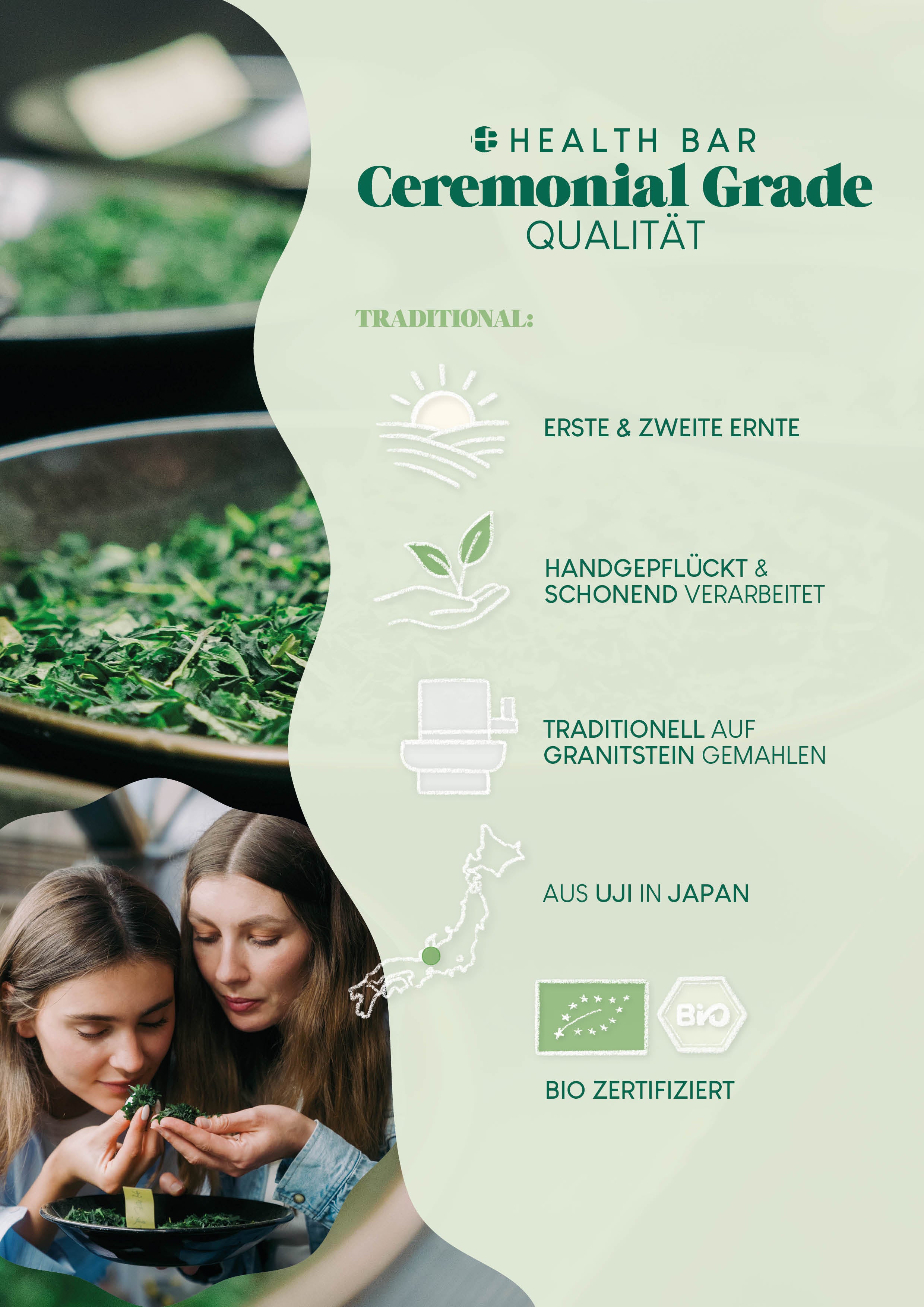
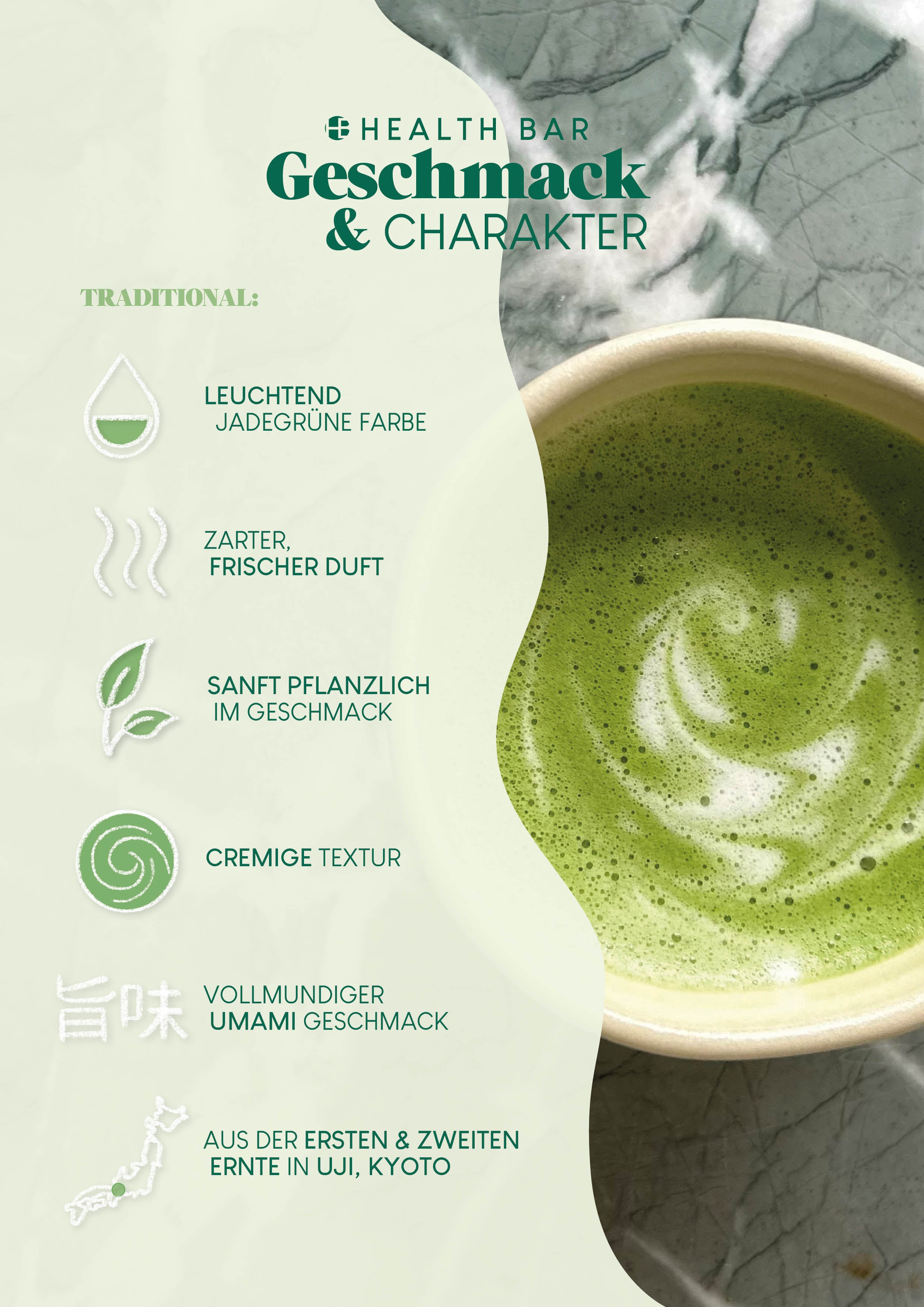
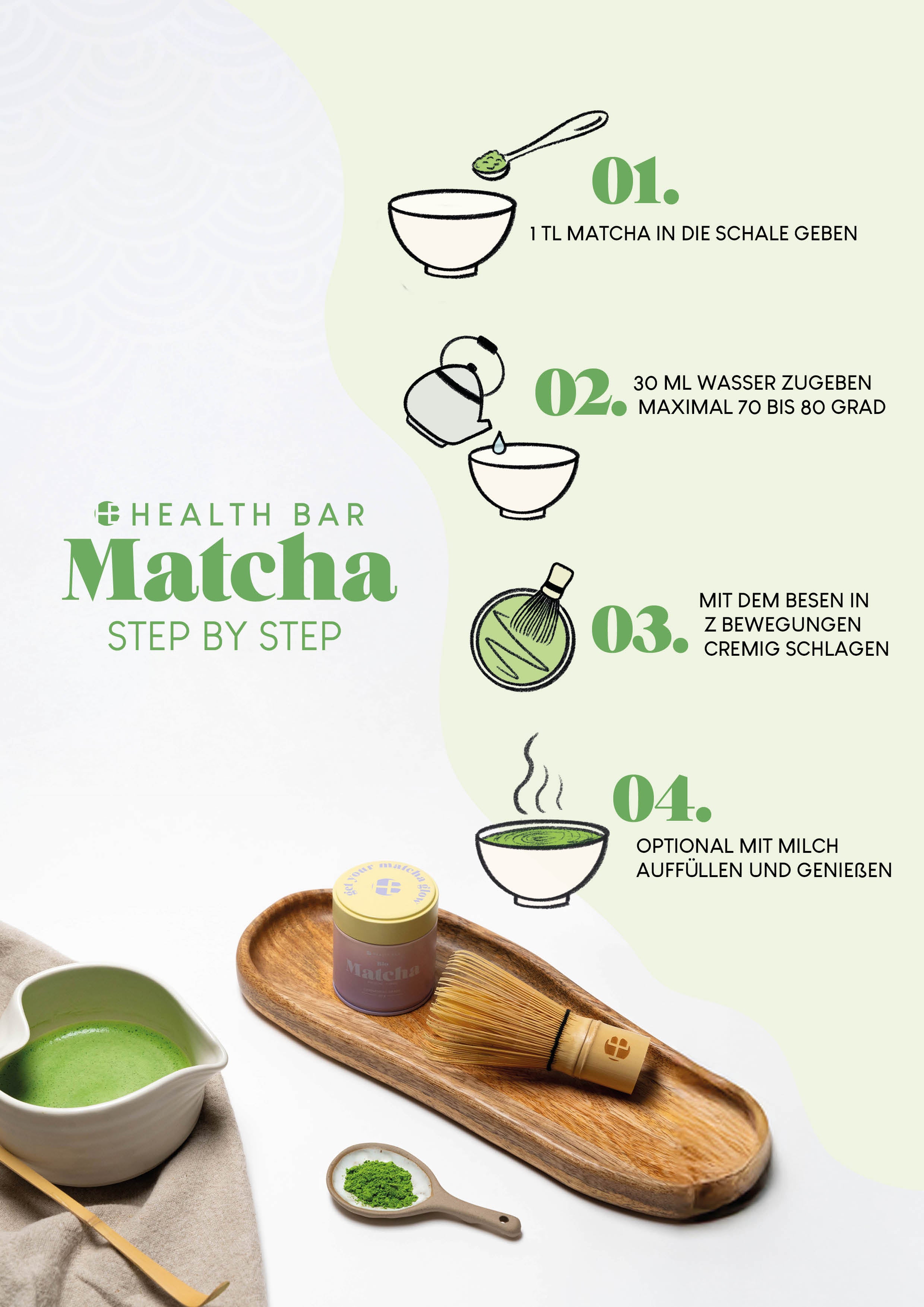
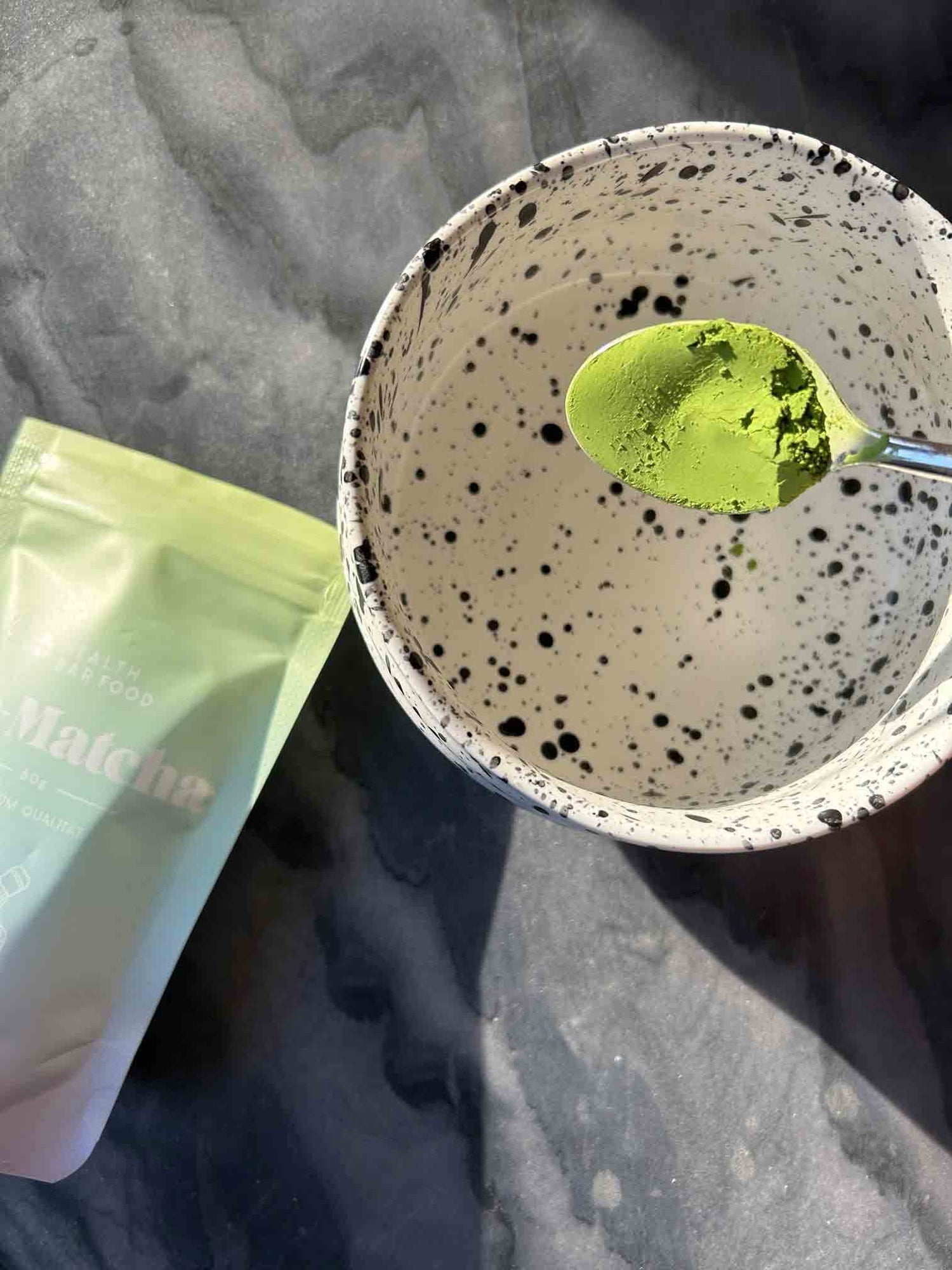
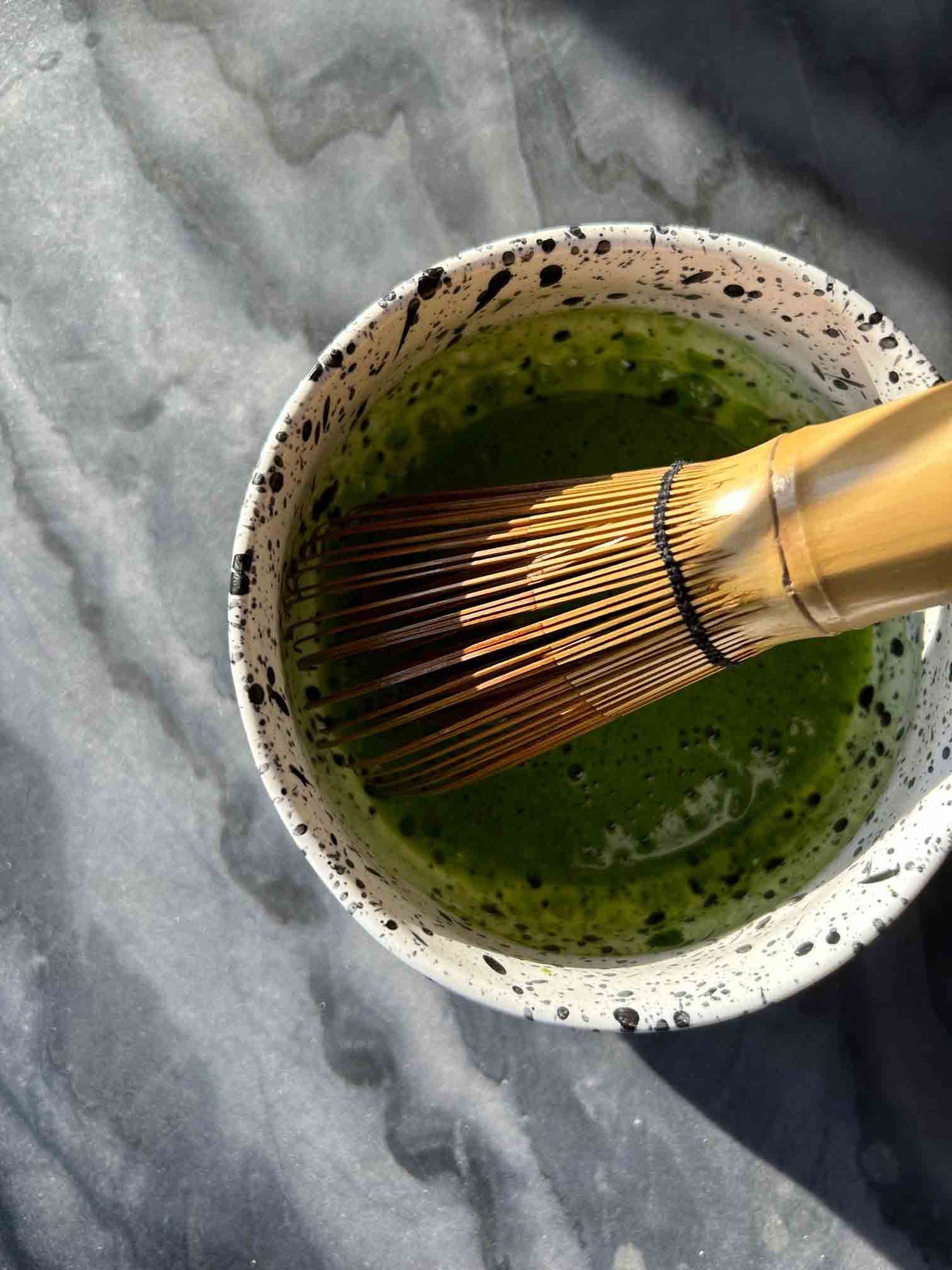
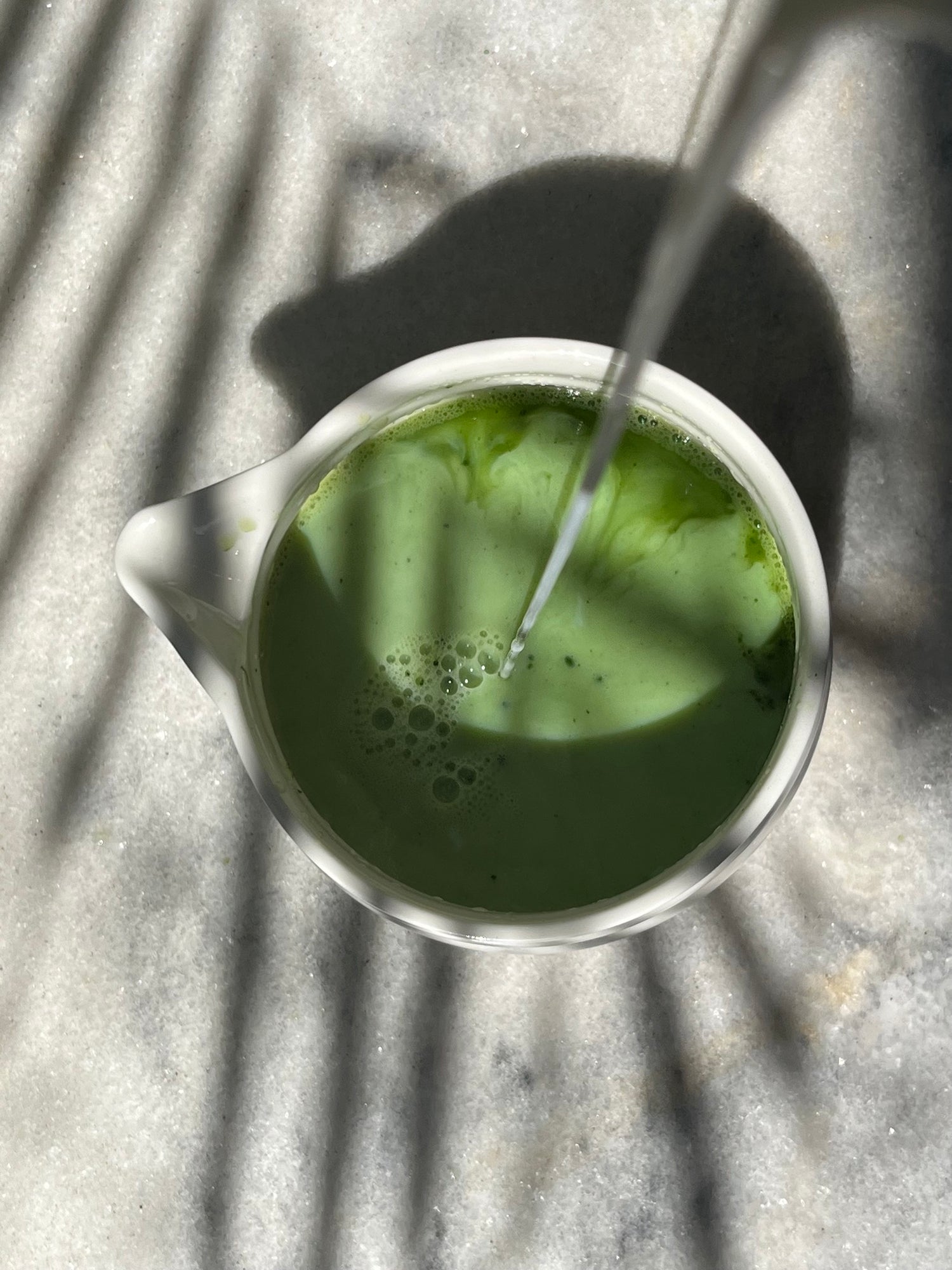
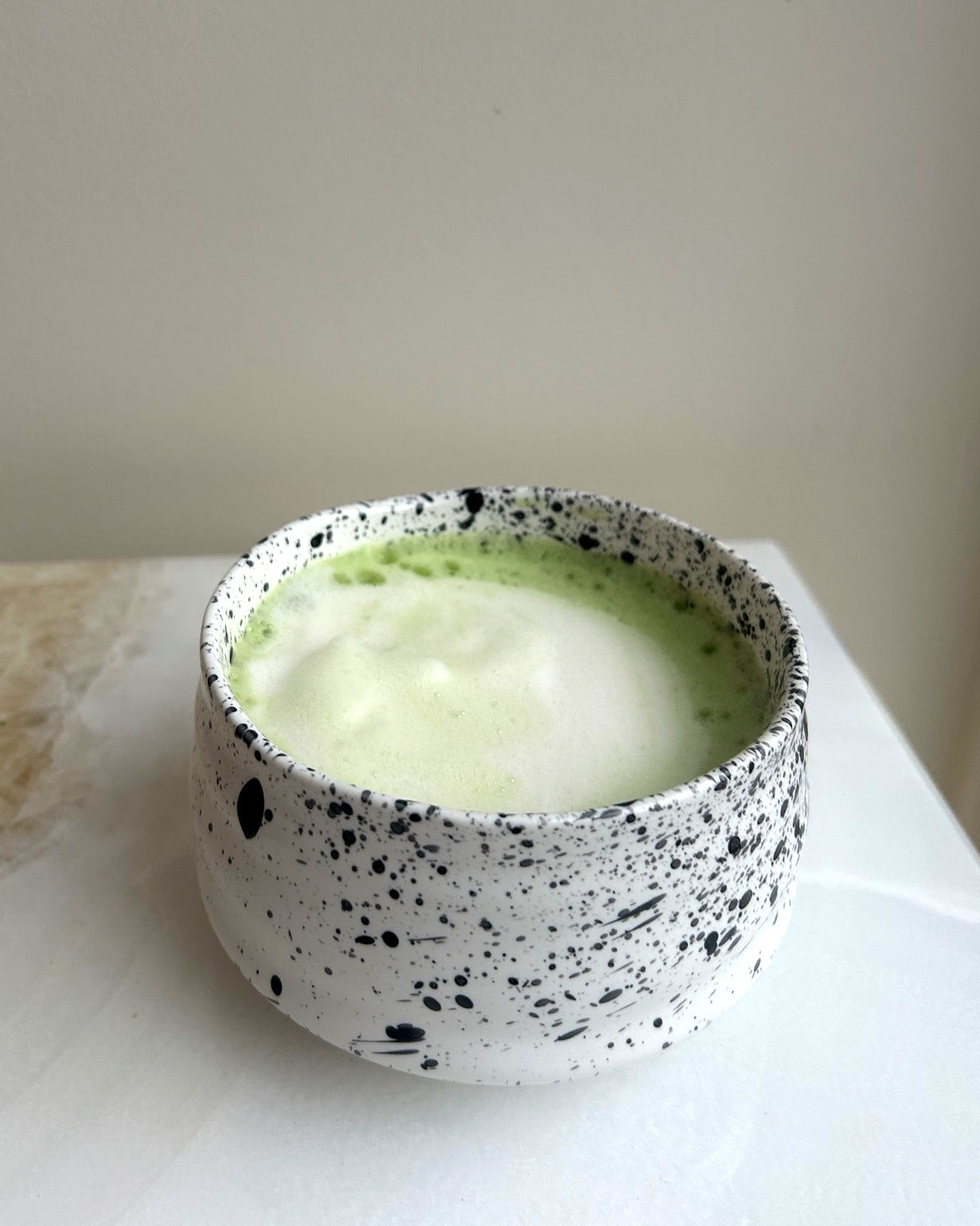
Matcha - prepare deliciously




Stefanie GiesingerThe Traditional Matcha has a slightly more intense flavor than the Ceremonial Matcha. I actually enjoy drinking both neat, but I still prefer the Ceremonial Matcha.
Nancy TabillionIn the summer, I like to drink an Iced Matcha Latte with our Traditional Matcha and a splash of rice and coconut milk. On colder days, it has to be our Ceremonial Matcha – pure with warm water, with no additives!
Thuha NguyenOne of my favorite matcha brands I’ve tried! It’s very smooth, has a good flavor, and is an overall good matcha for a reasonable price. I will def buy it again!
Slide stripsMy absolute favorite matcha 💚
I've tried many varieties, but this one is my undisputed favorite. Whether warm with oat milk or iced with mango puree, it's the perfect energy booster and exactly what I like to start my morning with.
Benefits - Matcha as an all-rounder
production
Our tea farm is a traditional family business that has been in operation for several generations and has been producing organic matcha for several decades.
Our quality is confirmed by the strict standards of the organic certificate from the Japanese certification body JONA and the German organic certification.
Cultivation
The tea farmers protect the plants from the sun with black textile sheets or, traditionally, straw. Solar panels are also used. This increases the chlorophyll content in the leaves and softens the flavor. Cultivation is carried out without pesticides. Annual soil samples are taken, as well as laboratory tests for heavy metal and radiation contamination, to ensure the highest possible quality. Furthermore, each batch is carefully tested for its mineral content.
origin
The Matcha tea growing region is one of the best and oldest in Japan: the Uji region, west of Osaka. The region is known for its clean water and nutrient-rich soil, free of pesticides. The climate is ideal: mist from the Uji and Kizu rivers keeps the tea plants moist and reduces the risk of frost damage.
